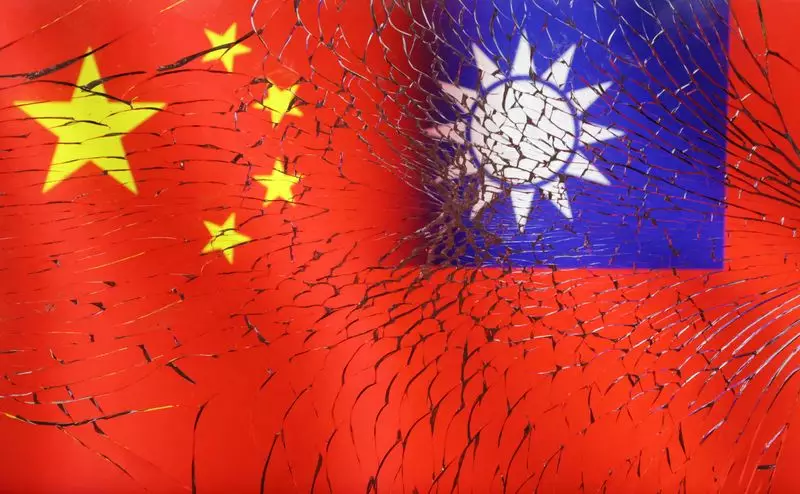The issue of Taiwan’s defense is deeply rooted in historical tensions between China and the United States. Despite the absence of formal diplomatic ties, the U.S. is legally obligated to support Taiwan, a self-governing region that Beijing views as a breakaway province. This complex relationship is further exacerbated by frequent military activities and posturing that underscore the fragility of the situation in the Taiwan Strait.
On a significant note, the Pentagon’s recent approval of a $2 billion arms sale to Taiwan marks a considerable escalation in U.S. military support. This package includes advanced air defense systems, notably a missile system proven effective in the Ukraine conflict. Such armaments not only enhance Taiwan’s military capabilities but also symbolize U.S. commitment to countering Chinese influence in the region. The transaction reflects a continued trend of military reinforcement to Taiwan during the Biden administration, as this marks the 17th arms sale since he took office.
China’s response was both immediate and stern. The Chinese Ministry of Foreign Affairs issued a statement vehemently condemning the arms sale, calling it detrimental to peace and stability in the region. The rhetoric from Beijing emphasized a commitment to countermeasures aimed at safeguarding its sovereignty and territorial integrity, though specifics of these measures remain vague. This lack of detail raises questions about the potential severity and strategic nature of China’s forthcoming actions. Historically, past measures have involved increased military drills and displays of naval power near Taiwanese waters.
The implications of these developments stretch beyond just an arms sale. The increasing military capabilities of Taiwan, combined with China’s aggressive posture, pose a significant threat to regional stability. Military exercises conducted by China around Taiwan showcase its discontent and serve as a warning. Taiwan’s government, however, views the U.S. support as crucial for its defense against perceived threats from Beijing, reinforcing the island’s intention to maintain its autonomy.
The interplay of U.S. support for Taiwan and China’s assertive stance creates a precarious balance in East Asian geopolitics. With escalating military tensions, each action by the U.S. or China has the potential to trigger retaliatory measures, leading to an unpredictable security environment. As both sides prepare to navigate this complex situation, the international community watches closely, hoping for a resolution that maintains peace and stability while ensuring Taiwan’s future autonomy is respected. Ultimately, this evolving dynamic will undoubtedly shape the future landscape of relations in the Asia-Pacific region, warranting close attention from global powers.

